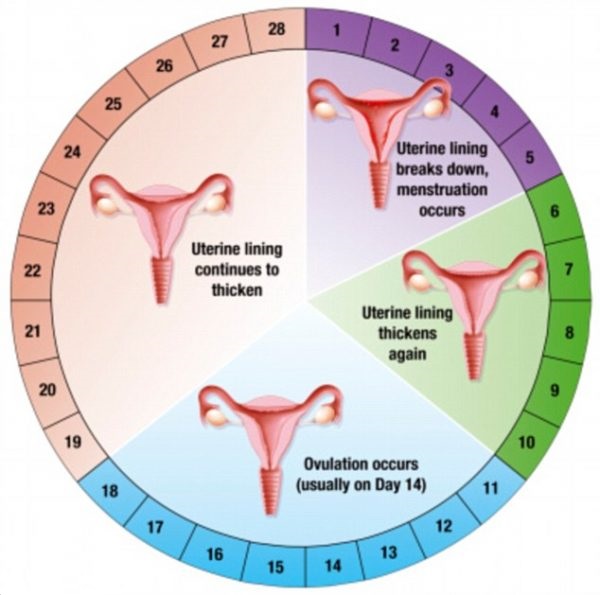
Menstrual Health - USD 50 per month
Hypothyroid, PCOD, PCOS, irregular periods, hormonal imbalance, etc
₹50.01₹50.00
Menstrual issues can be caused by hormonal imbalances in the body. One way to address these imbalances is through the practice of yoga and pranayama. Yoga poses and breathing exercises can help regulate the hormones and bring balance to the reproductive system. Certain yoga poses, stimulate the ovaries and improve blood flow to the pelvic region. Pranayama techniques, can also help regulate hormones and reduce stress levels, which can contribute to menstrual issues. By incorporating yoga and pranayama into a regular routine, women may experience relief from menstrual problems and achieve a healthier hormonal balance.
PCOS is linked to stress.
Estrogen Imbalance: Estrogen, a key female hormone, plays a vital role in regulating the menstrual cycle and maintaining reproductive health. In PCOS, there is often an increase in estrogen levels due to multiple factors. One of the primary reasons for elevated estrogen in PCOS is the excessive production of estrogen by the ovaries. Additionally, impaired metabolism and disrupted hormonal feedback mechanisms contribute to higher estrogen levels. The sustained elevation of estrogen can lead to irregular menstrual cycles and anovulation (lack of ovulation). Furthermore, persistently high levels of estrogen in PCOS are associated with an increased risk of endometrial hyperplasia and cancer.
Progesterone Deficiency: Progesterone, known as the "pregnancy hormone," is essential for preparing the uterus for implantation and supporting pregnancy. In PCOS, there is often a deficiency of progesterone due to irregular or absent ovulation. This leads to a condition called luteal phase defect, where inadequate levels of progesterone are produced during the second half of the menstrual cycle. Progesterone deficiency contributes to menstrual irregularities, difficulty conceiving, and an increased risk of miscarriage in women with PCOS. It is important to address this deficiency to restore hormonal balance and improve reproductive outcomes.
Role of Androgens: Androgens, including testosterone, are a group of hormones typically present in both males and females. However, women with PCOS often have higher levels of androgens, particularly testosterone. Elevated androgens disrupt the delicate balance of hormones in the body and contribute to the development of PCOS hormonal imbalance symptoms in females. Excess androgens can disrupt follicular development, leading to the formation of ovarian cyst.


